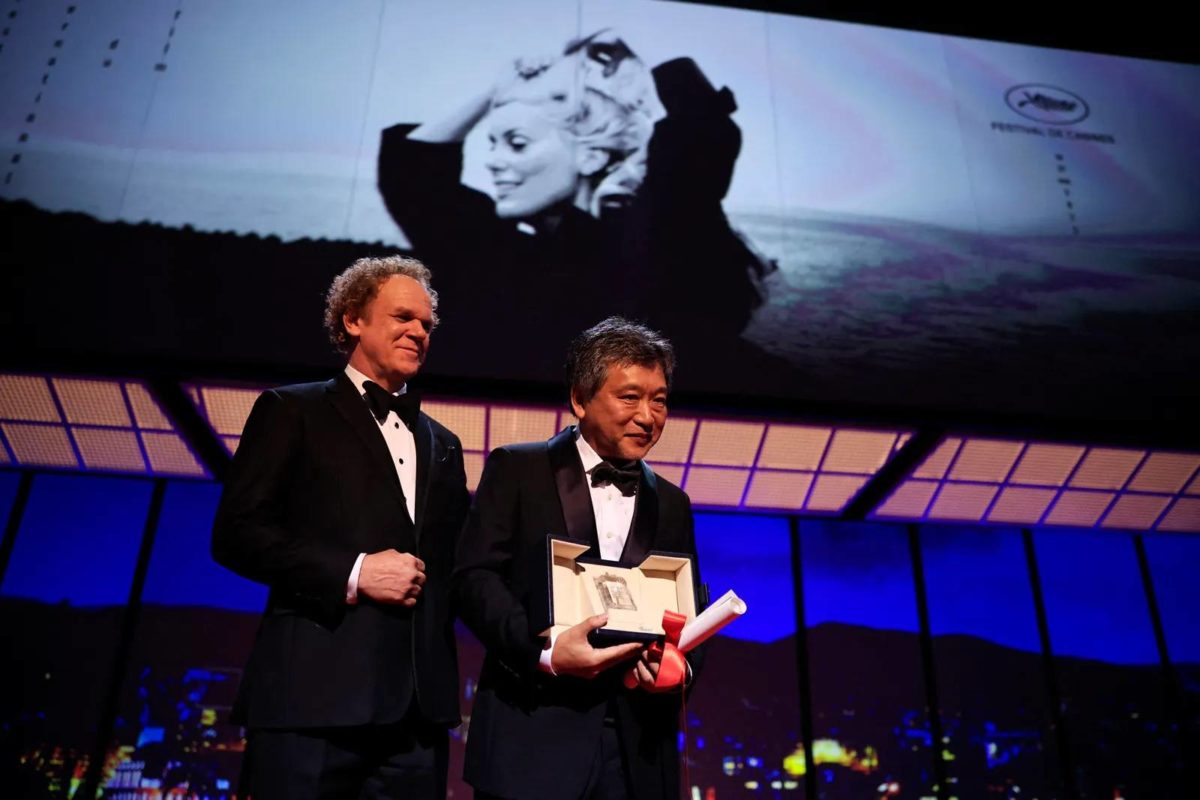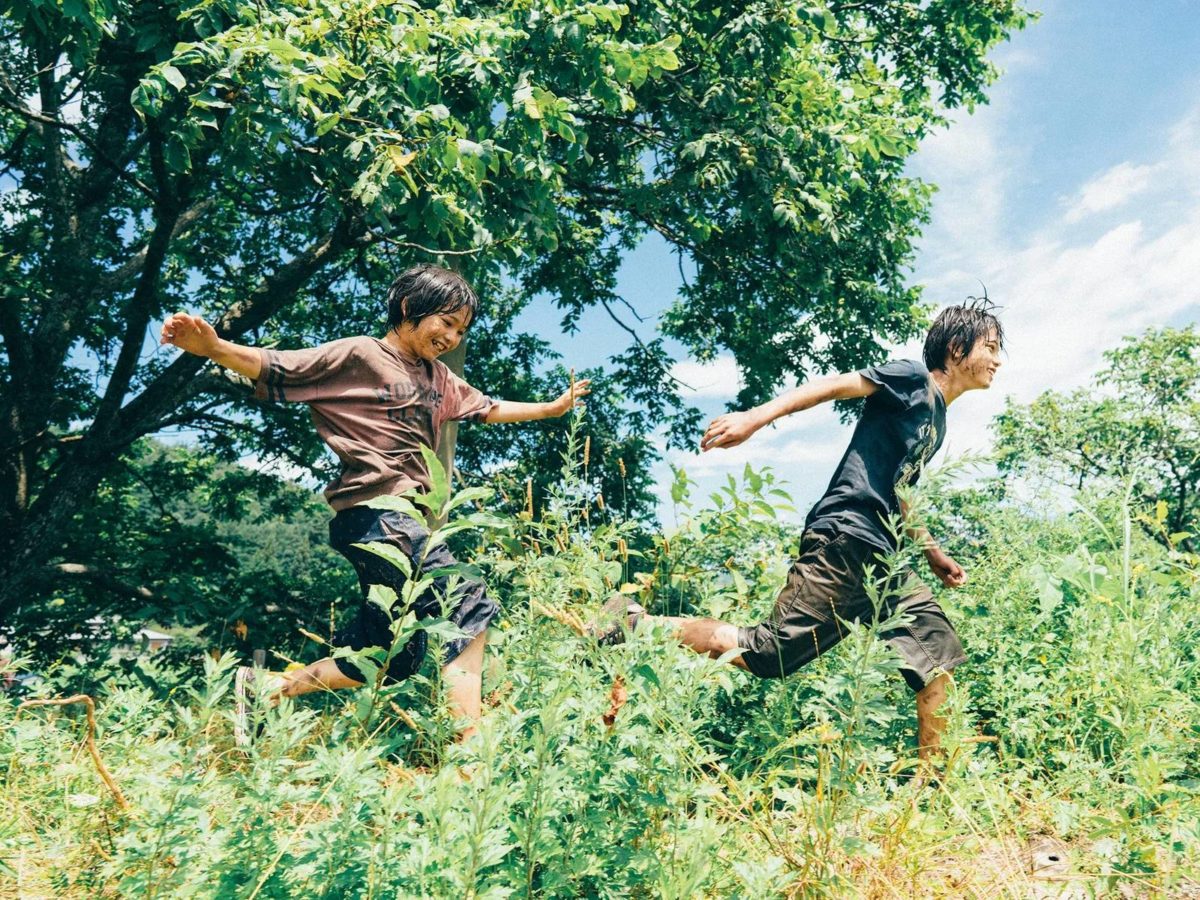Returning to Japan for the first time since his Palme d’Or-winning Shoplifters – after venturing to France and South Korea – Hirokazu Kore-eda’s Monster was initially veiled in secrecy upon its announcement. As scripted by Yuji Sakamoto, the film was revealed upon its Cannes premiere––where it picked up Best Screenplay and the Queer Palm––to be a tale of three perspectives as it relates to a boy’s struggle at his school and with a friend, seen through his eyes and those of his mother and teacher.
While at the Toronto International Film Festival, I had the opportunity to catch up with the Japanese director to discuss his latest work (which begins its theatrical release in NYC this week) collaborating with Ryuichi Sakamoto on one of his final works, why his film differs from Rashomon, and the queer themes in the story.
The Film Stage: The previous two films you made, The Truth and Broker, were in a different location and working with different languages. I’m wondering if you learned anything from those two films that you brought to the making of Monster.
Hirokazu Kore-eda: Actually, I don’t think they are different. I think that basically what I learned was that no matter where you make it, a film is a film. After Shoplifters, I do remember feeling like I wanted to do something different. I wanted to have a different approach, a different perspective. By doing that sort of take myself to the next stage in a way and doing something different from before. So in a sense, with The Truth and Broker, obviously, I made them overseas so that was doing something different. And then with Monster it was very much about working with a scriptwriter as opposed to writing my own script. So these are two things that I did differently, and I think the results of that in a sense will be seen with my next film now. So that shift is happening and then the result will come out next.

Hirokazu Kore-eda accepting Best Screenplay for Yûji Sakamoto at Cannes 2023, presented by John C. Reilly.
Speaking to the visual approach to the film, where you have re-stage certain scenes from different perspectives and angles, working with your cinematographer, what was your planning?
An incident happens, and then it’s really difficult for people to actually really take in what happened. So the frame itself creates the idea that this person’s world is the world they live in, that they would see the world from their own perspective. And also it’s in three parts. So until the final part, the first two parts, the idea was the camera would not move, so as much as possible not to move the camera. And that was another thing we decided on. But I think those were the two things. And then in the third part of the movie, the camera actually moves with the children.
People have interpreted the relationship between the boys in different ways, including a queer subtext. Did you want to leave that open up for interpretation or was that a specific kind of intention with revealing at the end this is maybe the reason for the heartache?
In fact, it was written into the plot intentionally. And on top of that, we requested the support of an LGBTQ Japanese organization that came in and gave us seminars on what it was to be queer and what kind of feeling people would feel, what kind of conflicts. So it was very much intended, right from the time that the script was written.
The score from Ryuichi Sakamoto is beautiful and it’s one of his final scores. When collaborating with him were you aware of his stage of life? There’s a mournful quality to the music.
I’m not sure. I didn’t do the composing.
What kind of conversations did you have with him just about the score in general?
He couldn’t talk anymore so all our communication by letters. When I contacted him, we exchanged letters and I sent him the film at that time and he said, “I don’t think I can write a full score for it. I don’t have the strength for it.” And he ended up composing two pieces for the film and when we talked about what kind of feeling it was, he said that––you know, the scene in the music room––there was something so powerful and magical about that moment and the music of that moment that the way he said it was, “I want to compose something that will not be disruptive of that moment.”

A lot of people have brought up Rashomon when it comes to this kind of storytelling. Did you and your screenwriter look back at any films that have a similar kind of structural conceit to talk about as a reference?
It’s very interesting. Everybody’s raising this Rashomon thing, but I feel that it’s fundamentally different from Rashomon, because in Rashomon, each character, when they go back through the story again, they actually end up being a different character within the film, within the story, whatever specific story it is. Whereas with this, the people don’t change, but the monster who appears, appears in different places. So when I was directing whoever was acting in that particular scene, I would say to them: “You see the monster behind this person, this is what’s happening.” So it was a very different way of approaching it.
Monster opens in limited release on November 22 and will expand.
